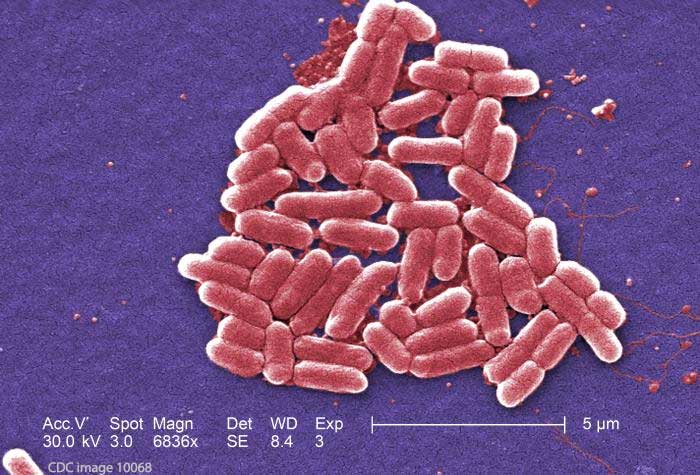How Do I Know if I Have a Hospital Infection Case?
Thank you for considering our law firm for your infection claim. Please read through the information below before contacting us.
In order to make a successful claim for a hospital or physician-induced infection, it is necessary to prove each of the following:
- There was an infection;
- The type of infection involved (e.g. Staphylococcus aureus, MRSA, etc.);
- The cause of the infection;
- The fault of the medical providers in causing the infection to occur; and
- The harms and losses resulting from the infection.
Proving fault on the medical provider in causing the infection in the first place is difficult because there are many ways in which an infection can occur. Put another way, not all infections are the result of medical error.
There is, however, another type of infection case we routinely review. This type of infection case involves the failure to promptly diagnose and treat an infection after the medical provider knew or should have known it was present. Here’s an example:
A patient undergoes a medical procedure. Two weeks later, he notices redness, warmth, swelling and drainage at the wound site. He notifies his doctor of these symptoms. The doctor tells him there is nothing to worry about and otherwise fails to examine or culture (test) the wound site. The patient’s symptoms get worse and eventually the infection is diagnosed. However, because of the delay in treatment, the patient’s condition is much worse.
In that case, it may be difficult to prove the doctor was at fault for the initial infection but there would be a strong case against the doctor for failing to diagnose the infection after she knew or should have known it was present.
Unless there is clear evidence that the initial infection was caused by the fault of medical provider – using unclean hand or equipment, not properly cleaning the wound, a number of similar cases at the same time (i.e. an outbreak) – we typically will not take a primary infection case. However, if there is good evidence that there was a delay in diagnosing and treating an infection that the provider knew or should have known was present, that is a much stronger case.
Bacteria that can cause serious infections and wrongful death include the following:

Important Disclaimer
Each day we receive numerous inquiries about potential claims and/or requests for legal advice. Because we have not had the opportunity to investigate your potential claim, review records, consult with experts or conduct scientific or legal research, it is impossible to provide you with accurate information or legal advice and we specifically decline to do do.